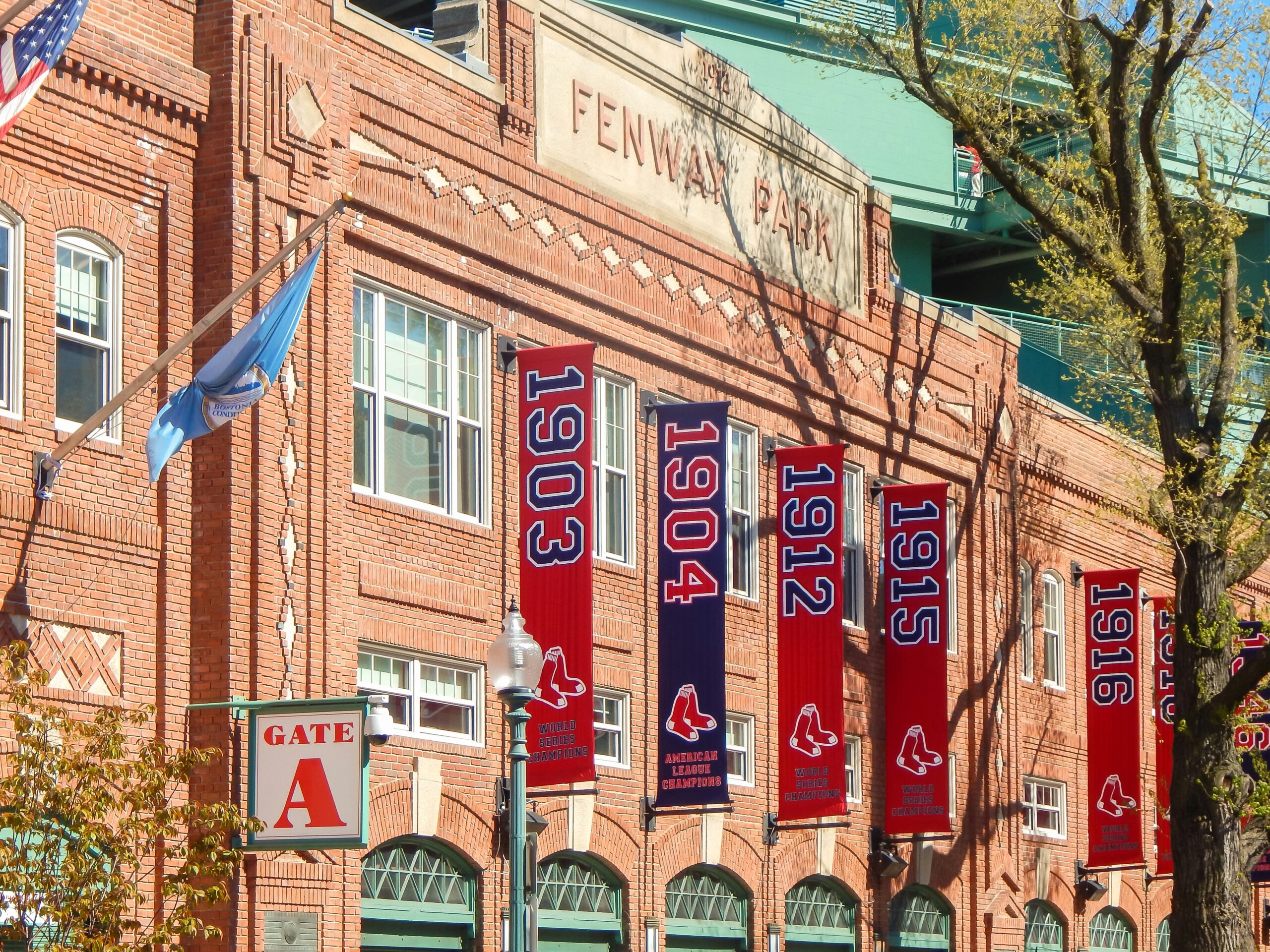How AI is powering the Boston Red Sox on the field and across operations

Baseball has long been a data-driven sport, thanks to pioneers like Billy Beane and the Oakland A's. Beane’s story of rejecting conventional wisdom and utilizing data to identify hidden talent on a tight budget was famously documented in Michael Lewis’ Moneyball. It was later adapted into a movie starring Brad Pitt, of all people. Today, nearly every MLB team, including the Boston Red Sox, has adopted data-driven approaches to team building – along with the rest of the sports world.
These days, that involves AI just like any other large organization, and the Red Sox have leaned in hard, working mostly with the enterprise version of OpenAI, the pioneers of ChatGPT. While the results haven’t been great on the field for the Red Sox the last several years, that could be changing under chief baseball officer Craig Breslow, a man who embraces data.
His chief technology officer, Brian Shield, has been running the technology part of the club for a dozen years now, enough to see the team burn through several baseball operations heads. The tech stack he uses to run the team’s operations has also changed along the way with shifting priorities from cloud to machine learning to AI.
At its core, however, baseball is still a business like any other with sales, marketing, finance, human resources and operations; but it’s also a sports team with some unique requirements that other businesses might not have. Shield has to sort through all that and make good technology decisions for his company that help keep the fans in the stands happy, business operations running optimally, and a strong team on the field. And data is at the center of the whole shebang.
It always starts with data
As we’ve written continually in this space, in order to use AI effectively it requires a strong data foundation. Given the way baseball has embraced data, you would think that has given teams a healthy head start, but when it comes to data quality you can’t rest on past successes. It's an ongoing process.
It’s important to keep in mind that for a baseball team, data collection isn’t only about optimizing player performance; it’s also about enhancing the fan experience. There is so much more happening around using technology to improve fan enjoyment, but it’s hard to do without quality data. That’s not always easy to get in a clean format, especially when it comes from a variety of sources, and sometimes that means not letting perfect get in the way of good enough.
The closer to real time the data is, the better answers they’re likely to get. “If you're really trying to make effective decisions, you need to really trust the data you are getting. You might have to limit the amount of cleansing, but it’s worth it for that trade off for a little bit more timeliness,” he said.
“In general, if we were to go back 15 years, I think our data quality has improved exponentially. Some of it is because of internal efforts to improve our data quality. Some of the improvement can be attributed to collaborations with MLB as well,” he said. That involves partnerships with companies like tickets.com, where they can compile data about fan’s ticket buying behavior to better understand their fans’ needs, or more direct activities like the MLB ballpark app, which is tuned for each ballpark, and helps fans find the information they need quickly, whether that’s parking, a bathroom or a favorite concession.
If you're really trying to make effective decisions, you need to really trust the data you are getting.
Embracing AI
As with just about every business these days, Shield has his team looking into AI and how it can improve every part of the team’s operations. He has begun by focusing on OpenAI because he sees a company that can solve a lot of its AI problems for his organization.
“Our big focus is on the enterprise version of OpenAI for now, so that we can have a more gated, private version of AI that we feel helps people do their work,” Shield told FastForward. He says that when it comes to AI tool selection, they typically follow an 80/20 rule. The big number goes to OpenAI with the hopes of improving productivity across the organization, but they also use some other specialty tools like the Zoom AI Companion for video calls or Microsoft Copilot for working in Microsoft Office.
“We look at OpenAI as a really, really good foundation upon which to satisfy the majority of average employees’ AI requirements on a day-to-day basis,” he said. But Shield said that AI isn’t the answer for everything, especially when there isn’t great data, and they are still learning where it works well and where it doesn’t, while trying to train the entire organization on how to take advantage of it in a safe way.
“We're really going out of our way to ensure that we've got a very kind of comprehensive AI strategy that includes governance and AI awareness training programs and things like that, so that people understand that there's a lot of great stuff that can come out of AI, but understanding that there are also risks and best practices,” he said.
Boston you’re my home
He says that being in Boston gives him access to some of the most innovative startups around, and he tries to take advantage of having schools like MIT right down the street from Fenway Park. In addition, he talks regularly to local consulting organizations like Boston Consulting Group and Bain Capital to learn more about how they are solving AI problems for their clients.
“I'm trying to keep my tentacles out there with a whole broad spectrum of people because some people have to push different levers than we do,” and he can learn from that and apply it to his role with the Red Sox.
While baseball embraced data earlier than most industries, just like any other CTO, he has to work hard to keep up with a rapidly changing technology environment, and help the organization stay ahead operationally, as well as on the diamond.
Feature photo by Clark Van Der Beken on Unsplash





